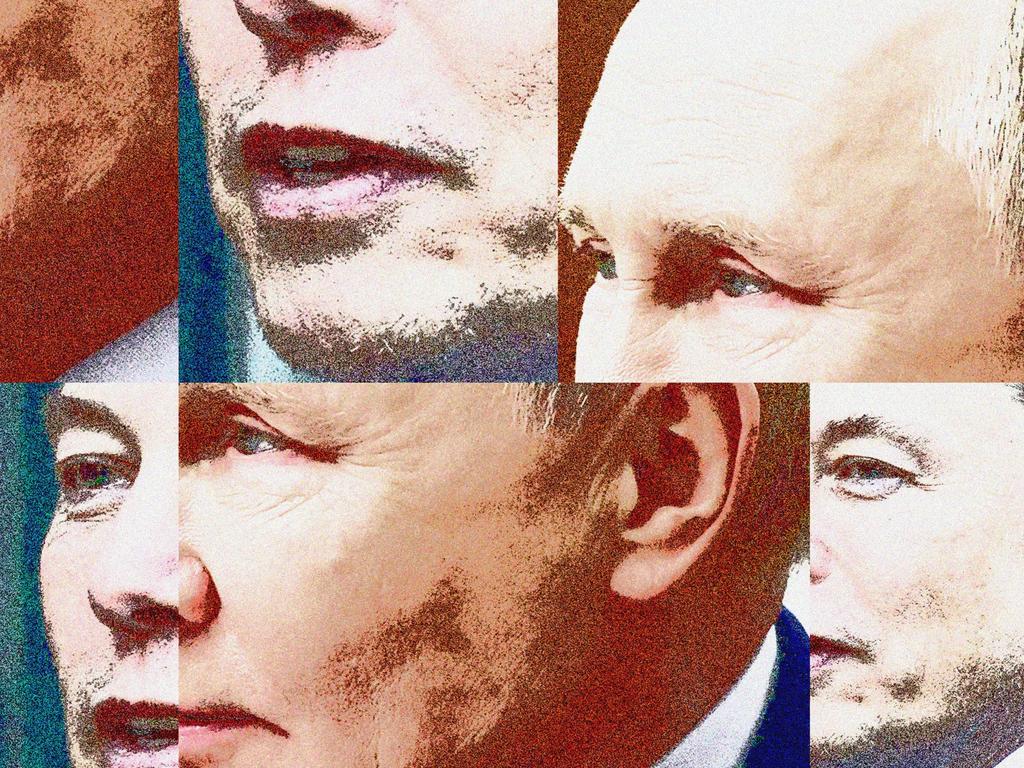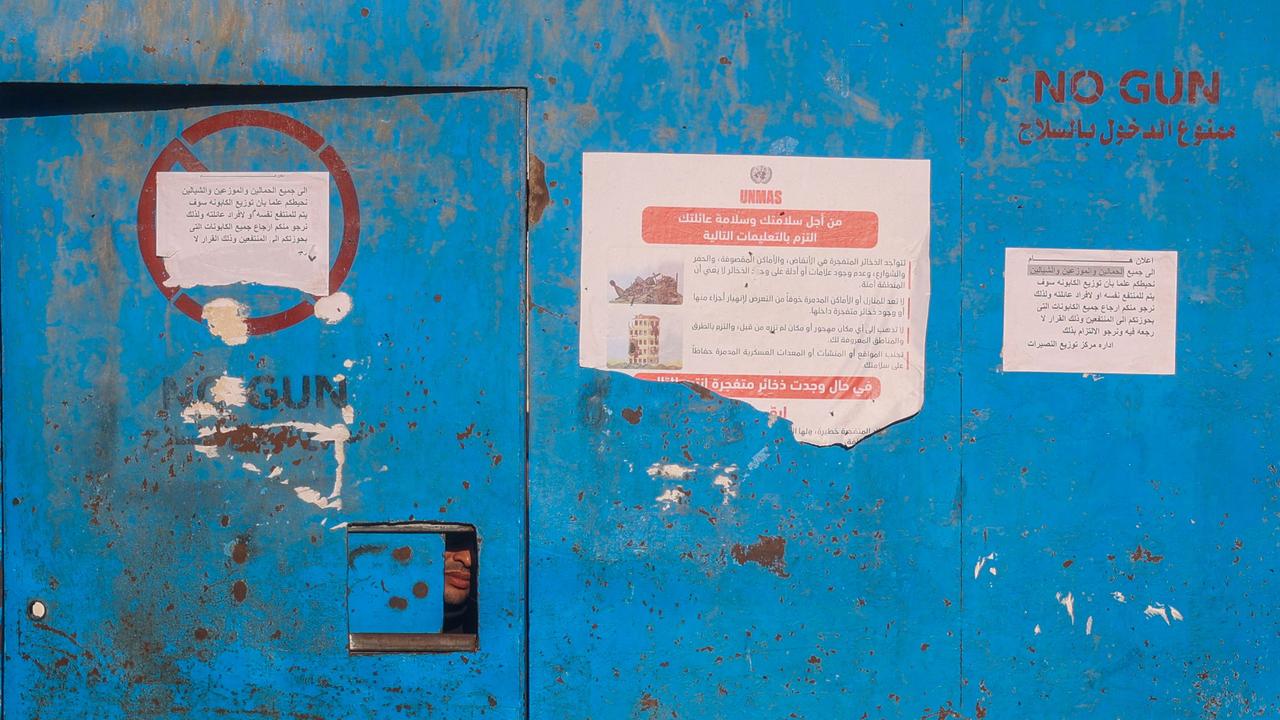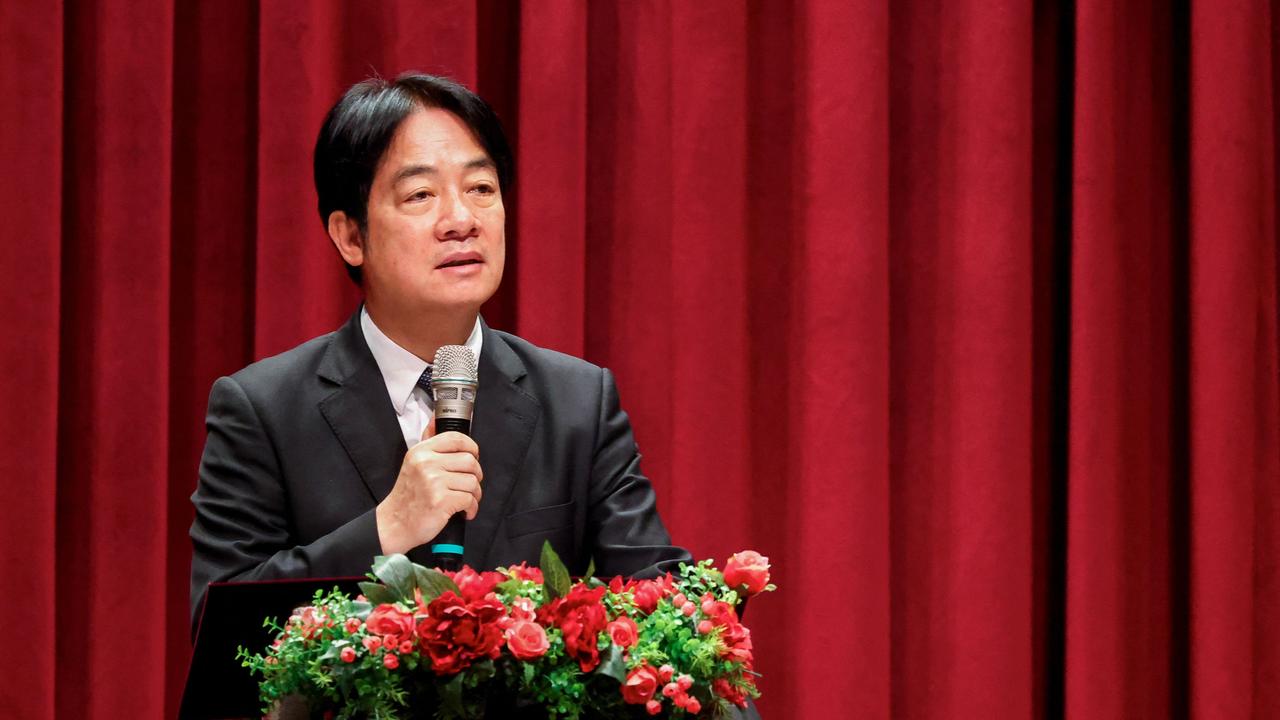Putin starts nuclear drills to test West’s support for Ukraine
Russia’s Defence Ministry says the drills are simulating a ‘massive’ counterstrike to a nuclear attack by enemy forces.
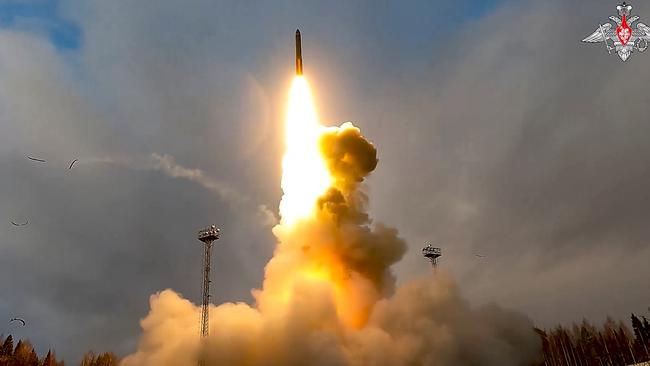
President Putin oversaw a large exercise of Russia’s nuclear forces yesterday as tension rose over the West’s military involvement in the war in Ukraine.
“Taking into account growing geopolitical tensions and emerging new threats and risks, it’s important for us to have modern strategic forces that are always ready for combat,” Putin said in a video call with military leaders that was broadcast on state media. He said nuclear weapons were an “extremely exceptional measure”.
A Yars intercontinental ballistic missile was launched from the Plesetsk Cosmodrome in northwest Russia at a test range in the country’s far east region, the defence ministry said. Sineva and Bulava ballistic missiles were fired from submarines in the Barents and Okhotsk Seas, while nuclear-capable Tu-95MS strategic bombers launched cruise missiles. Moscow said each launch succeeded.
Russia’s military test-fired ballistic missiles across the country Tuesday to simulate a “massive†nuclear response to an attack on the country.
— The Moscow Times (@MoscowTimes) October 29, 2024
Read more: https://t.co/qwLmboWTXNpic.twitter.com/oKEI54uP97
Andrei Belousov, the Russian defence minister, said the drills, staged days before the American presidential election, were simulating a “massive” counterstrike to a nuclear attack by enemy forces. Putin and his senior officials have made repeated threats to use Russia’s vast nuclear arsenal, the world’s largest. Nuclear exercises were carried out this month in the Tver region, northwest of Moscow.
Last month, at a meeting of Russia’s national security council, Putin warned that Moscow would consider an attack by a non-nuclear country that was supported by a nuclear power as “joint aggression”. The comment was a clear reference to Ukraine and its nuclear-armed western allies, Britain, France and the United States.
He said the trigger for nuclear retaliation would be if Moscow received reliable information of a cross-border attack using “strategic and tactical aviation, cruise missiles, drones and hypersonic weapons”. Ukraine wants permission from its western allies to fire their missiles deep into Russia.
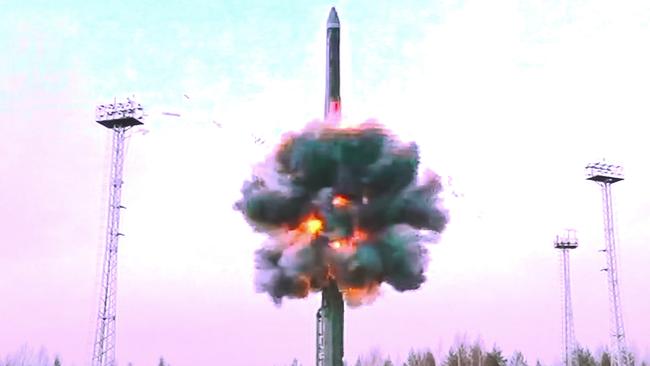
Russia’s latest round of nuclear sabre-rattling came shortly after President Zelensky said that Ukraine and South Korea were working on “countermeasures” against about 10,000 North Korean troops who have been deployed to assist Russia’s invasion
“We agreed to strengthen intelligence and expertise exchange, intensify contacts at all levels, to develop an action strategy and countermeasures to address this escalation,” Zelensky said after talks with President Yoon.
Yoon told Zelensky that North Korea would pose a “great threat” to South Korea if it received military aid from Russia in exchange for boosting Putin’s forces. He fears that its troops will gain invaluable experience.
North Korea has one of the world’s largest militaries, with 1.2 million soldiers. However, its troops have no combat experience and it is unclear how effective they would be on the front.
Despite offering diplomatic support, South Korea has not provided weapons to Ukraine, citing its policy of not exporting arms to war zones. However, Yoon has said that it may change its stance if North Korea enters the war.
Choe Son-hui, the North Korean foreign minister, arrived yesterday in Vladivostok, in the far east of Russia. She is expected to be in Moscow today, Russian state media said.
The Times

